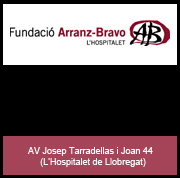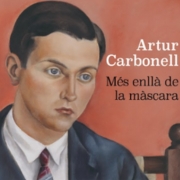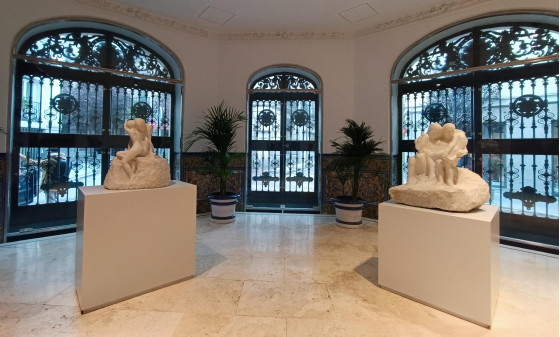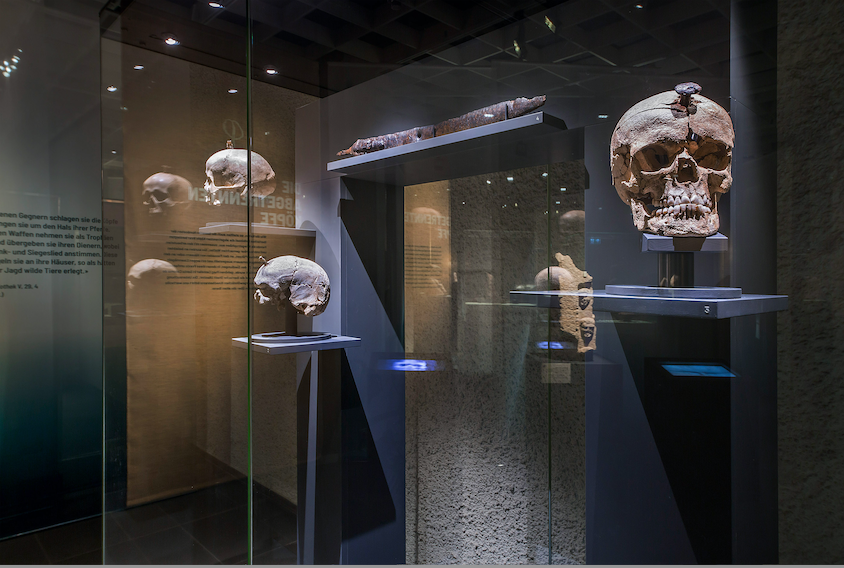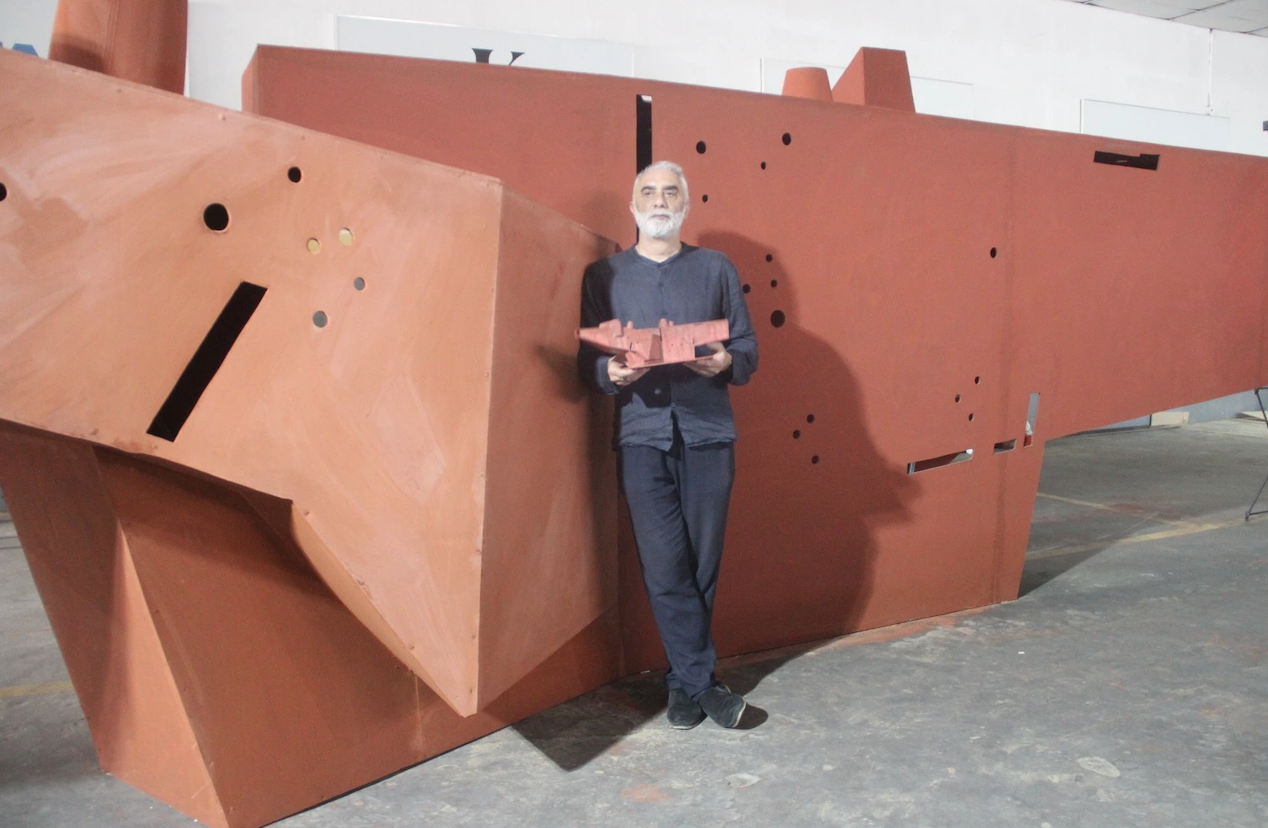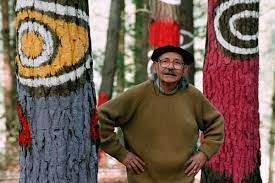News
Gizem Demirkiran and Carlos Manuel Faísca, “Santiago Zapata” research awards from the Chair of Cork Studies
The recognition event will take place on November 23, at 8:00 p.m., at the Museu del Suro de Catalunya
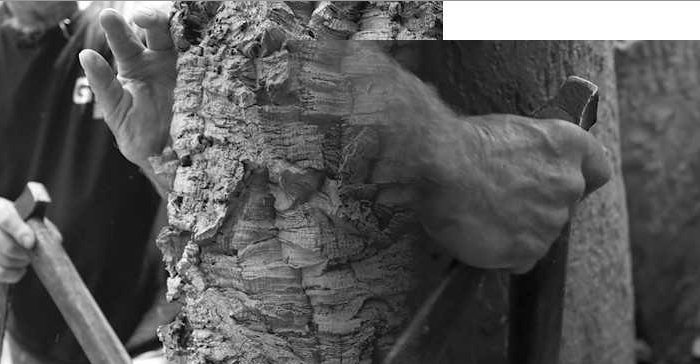
The Chair of Cork Studies invites the "Santiago Zapata" research awards with the aim of promoting research applied to the thematic area of cork in the fields of the humanities and social sciences (history, economics, geography, anthropology, literature, didactics, sociology...), as well as in the natural sciences and technology (biology, biotechnology, chemistry, chemical engineering, ecology, forest management, engineering, industrial design...).
In mode A , the awarded work was: Corteza. Additive Manufacturing of Cork Furniture, by Gizem Demirkiran (Institute of Advanced Architecture of Catalonia, Barcelona).
This work explores the potential of 3D printed cork as a sustainable solution to the problem of noise pollution. The aim is to use innovative materials and manufacturing techniques to develop effective and sustainable solutions to this problem. The cork industry generates underutilized waste (cork granules and powder). While decomposing or incinerating this waste releases CO₂ into the atmosphere, recycling it ensures that its ecological footprint is minimal. The work develops a system to use powder and cork granules to create furniture using additive manufacturing, which allows complex and customized geometries to be printed during the furniture manufacturing process. One of the contributions of the work has been the exploration of natural binders for cork granules, in order to evaluate their flexibility, resistance and sound absorption, as well as the different levels of porosity and sound absorption capacity of the furniture of 3D printed cork bicomposite. Based on these results, the Corteza chair has been designed and printed in 3D. This research demonstrates the potential of 3D printed cork bicomposite furniture as an effective and promising means of combating noise pollution in our homes. It opens up opportunities for new research into diverse applications and designs of furniture made with this technique, while highlighting the unique attributes of cork as a versatile and environmentally friendly solution.
In modality B , the awarded work is: From raw materials to where the industry happens. Patterns of industry location in the Portuguese cork manufacturing industry, 1880-1980, Carlos Manuel Faísca (University of Coimbra) and Francisco Manuel Parejo Moruno (University of Extremadura).
Through the use of novel documentation, the paper analyzes the localization factors of the Portuguese cork industry during the industrialization of this country between the 1890s and 1990s, and contrasts the results with economic theories of industrial localization . Initially located near the raw material production areas in inland regions (mainly the Alentejo and the Algarve), the Portuguese cork industry significantly changed its geography twice in a century: first towards the metropolitan area of Lisbon at the beginning of the 20th century, then towards the area around Porto from the 1960s. The initial location near the southern forests seems easy to explain: given the high costs of transport and information, the logical location is located close to the raw material. But by the beginning of the 20th century, transport and information costs had been reduced thanks to the railway and the formation of networks of local agents in forest areas, and in parallel, the conurbation of Lisbon offered certain inherent advantages to the concentration of industry, as well as a greater supply of trained labor and better access to foreign markets through the port of Lisbon. Subsequently, the movement of industry towards the Porto area from the 60s of the 20th century is explained by the low cost of human capital (favored by the salary policies of the Salazarist dictatorship), by business strategies of specialization in the production of corks instead of the preparation of cork that traditionally had a fundamental weight in the Portuguese industry, and for the creation of a large company, Amorim, which favored the creation of a network of small companies that precisely because of their size they were free from the constraints of a highly bureaucratized economy.
The event will be attended by the award winners, Juli Fernandez Iruela, mayor of Palafrugell, Laura Millán Morales, vice-president of the Public Foundation Museu del Suro de Catalunya and Rosa Ros, director of the Chair of Cork Studies.


